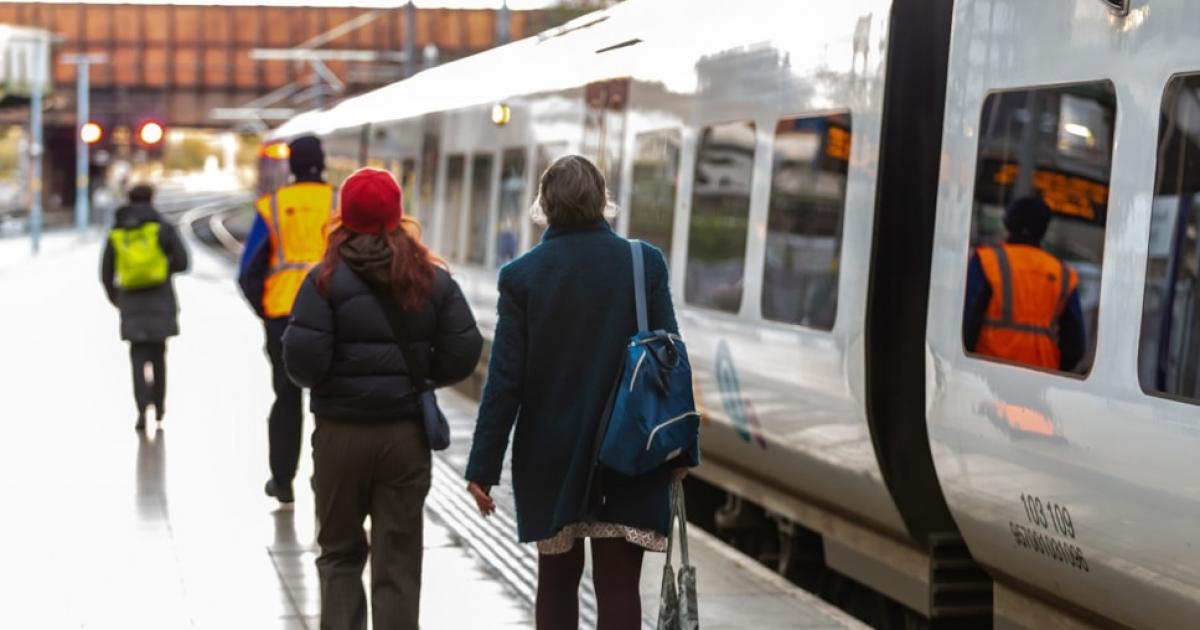Overall demand for season train tickets, predominately used by people who travel to work by train several times a week, has risen by almost 10 per cent over the last year.
The number of annual and monthly season tickets sold rose by 13percent over that period, while demand for weekly and flexi season tickets, which are popular with hybrid workers, increased by four percent.
Around 175,000 journeys are now made on Northern services by customers using these season train tickets each week.
In Leeds, the average number of people travelling on Northern’s trains during peak times has increased, by nine percent in the morning and eight percent in the evening.
Extra carriages have been provided on a number of peak-time services, including those travelling between Leeds and Doncaster, to meet higher demand from commuters.
Alex Hornby, Northern’s customer and commercial director, said: “Our stable performance is increasing both customer confidence and satisfaction, leading to continued growth in people choosing to travel by train.
“Furthermore, there have been some big shifts in travel patterns since the pandemic and this is further emphasised by the fact that more commuters are now returning to the office.
“We constantly review data on passenger journeys to ensure we can meet this growing demand, especially on Tuesdays and Wednesdays, which tend to be the busiest days for peak-time travel.
“It’s so important that we continue to provide a range of tickets to those looking to save money on their commute, with season tickets for a week, a month or a year.”
Northern, which the second largest train operator in the UK, runs 2,650 trains a day across the North of England, with one departing from a station every 30-40 seconds, 22 hours a day.
The operator is currently working to deliver a plan to improve performance, ensuring no more than two percent of services are being cancelled by the end of 2027 and 90 percent are arriving within three minutes of schedule.
